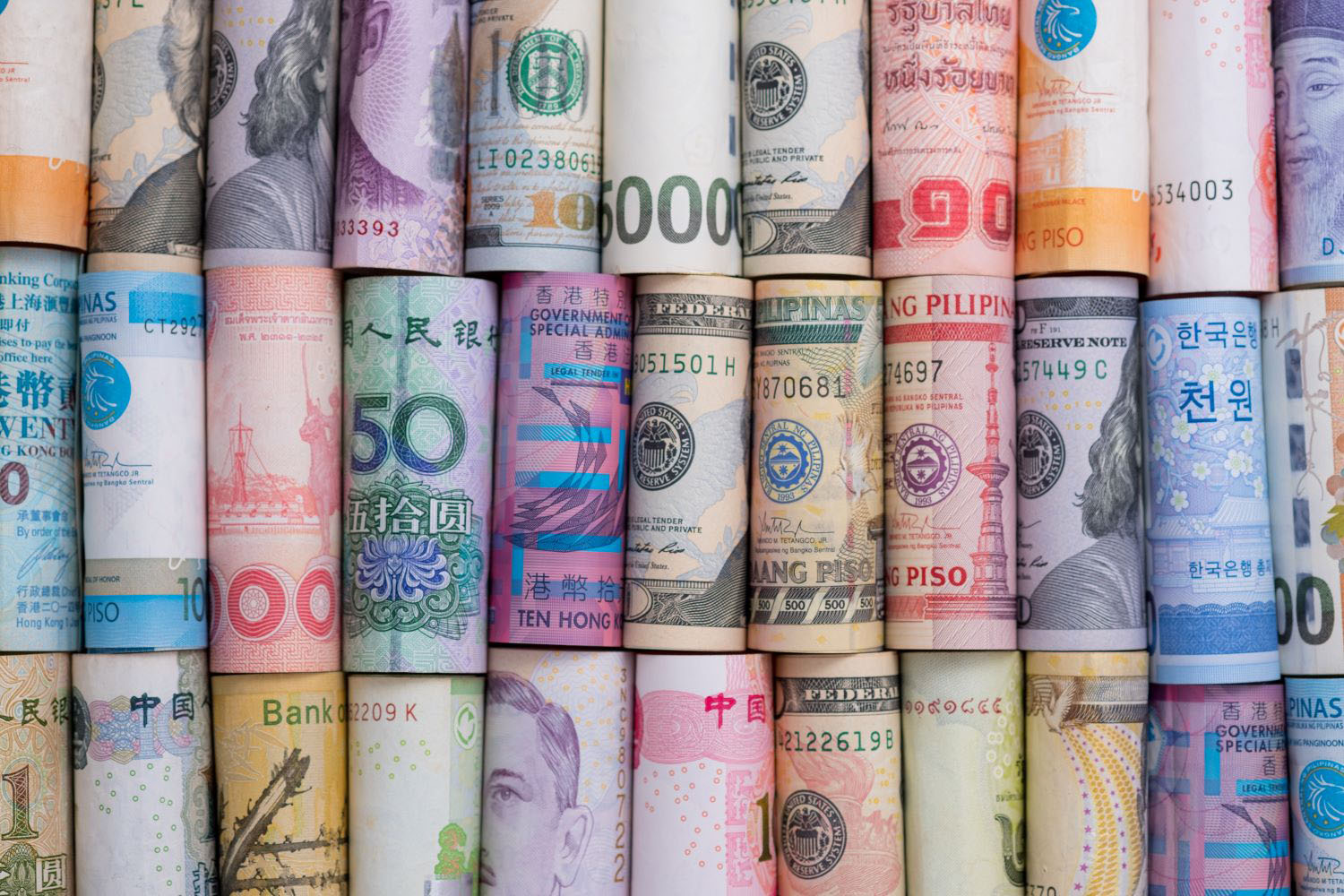To say that John Bolton, President Trump’s latest pick for National Security advisor is a well-known UN critic would be an understatement. But it’s well worth noting that he has opinions about the IMF and the multilateral development banks too.
In a post-election opinion piece, Bolton affirmatively invoked an earlier call to shut down the IMF, made nearly twenty years ago by former US officials who had in turn been out of office for at least ten years. There’s not much value in debating the merits of the IMF today based on the institution’s performance during the Asian financial crisis circa 1998.
But I do want to focus on Bolton’s ideas about the World Bank and other multilateral development banks. Bolton argues that the development banks should be privatized, except for “the one for Africa.” (For the record, it’s called the African Development Bank). His argument is two-fold: the world is awash in private capital today, rendering the MDBs irrelevant; and, US support for the MDBs is subsidizing lending to “our competitors.”
Both of these ideas are wrongheaded. To be fair, Bolton’s first point was a fundamental issue that CGD’s recent High Level Panel on the Future of Multilateral Development Banking sought to address over a year ago: with private capital flowing to developing countries like never before, what’s the point of the MDBs?
But the panel’s conclusion was clear. We should not confuse public aims, which require public financing in some form, with the aims of private investment. This confusion also plagues President Trump’s much-touted infrastructure plan, which relies overwhelmingly on tax breaks for private firms, an approach that will likely waste public resources and not achieve its stated aims in key areas of public infrastructure like roads and bridges.
When it comes to the MDBs, the range of endeavors we call global public goods—mitigating the effects of climate change, avoiding fast-moving pandemics that can leap from poor countries to rich ones in a matter of months, working across countries to manage the flow of refugees fleeing violence in their home countries—all of these call for a response at the international level, and none can be adequately addressed by relying exclusively on private capital.
Fortunately, the MDBs have already proven themselves to be effective in these and other parts of the global development agenda. They certainly could be more effective, which is why CGD’s panel has offered a range of recommendations for reform. But removing them from the equation entirely would be devastating.
As for Bolton’s argument that the United States is subsidizing the competition by supporting the MDBs, most of the MDBs’ heavily subsidized lending and grants today go to Sub-Saharan Africa, the region that Bolton seems to be ok with supporting through the development banks.
That’s not to say that US backing, and that of other major shareholders (including China), does not act as a subsidy on the banks’ other activities. Yet, setting aside support for the very poorest countries, direct US capital contributions to the World Bank over the entire 75-year history of the institution have totaled $2.8 billion. That’s less than 10% of what the United States spends annually on foreign assistance.
Is this modest support “subsidizing” our competitors? In part, that depends on whether you see a zero-sum global economy, or one in which growth in poorer countries means new export markets for US goods and services, as well as more stable societies that are less prone to the global public “bads” that afflict the world today.
Bolton would do well to listen more closely to our military leadership, which has gone out of its way to praise the role of the MDBs in supporting the goal of avoiding military conflict. For example, as Commander of US Southern Command, Admiral James Stavridis wrote of the Inter-American Development Bank’s “tremendously positive influence” on Latin America based on what he saw on the ground in his region of operation.
US leadership at the IMF and World Bank has been essential to their strength over many decades, particularly when it comes to ensuring that they have adequate resources to do their jobs. That’s why the timing of Bolton’s pick could be particularly troubling at the World Bank, where negotiations for a capital infusion from the United States and other member countries are coming to a head. The US Treasury has already been taking a hard line with the institution, demonstrating considerable reluctance to put more money in. With Bolton at the White House, Treasury hard-liners now have a powerful ally next door.
CGD blog posts reflect the views of the authors, drawing on prior research and experience in their areas of expertise.
CGD is a nonpartisan, independent organization and does not take institutional positions.





